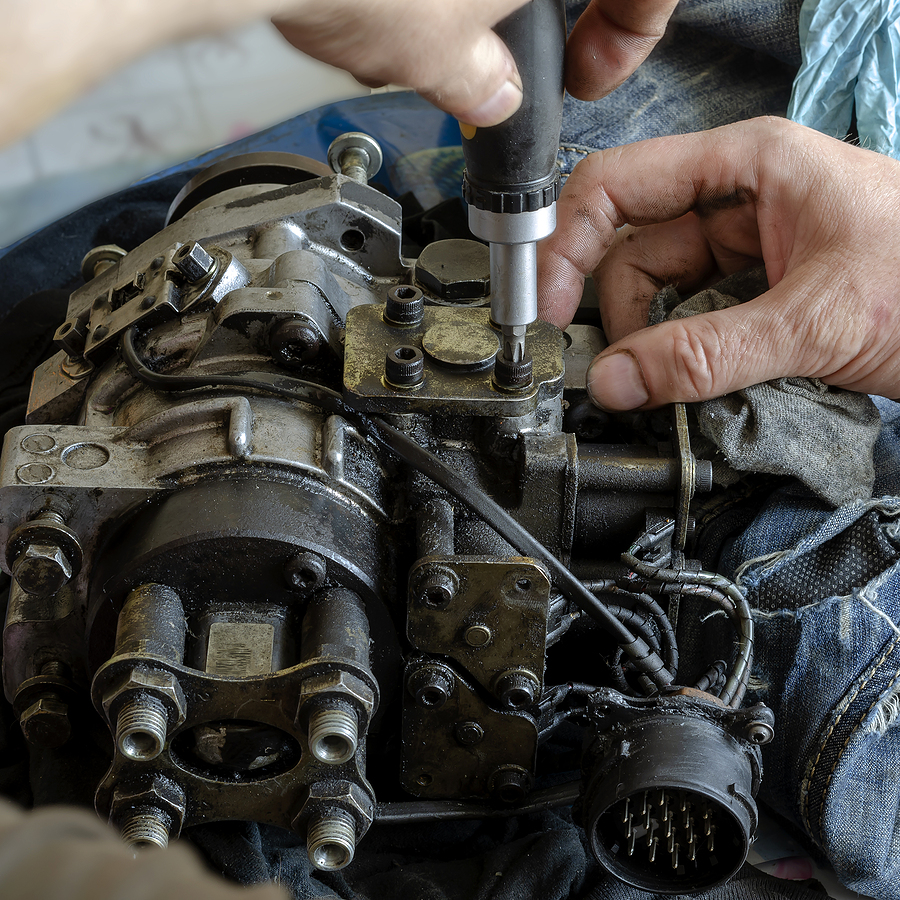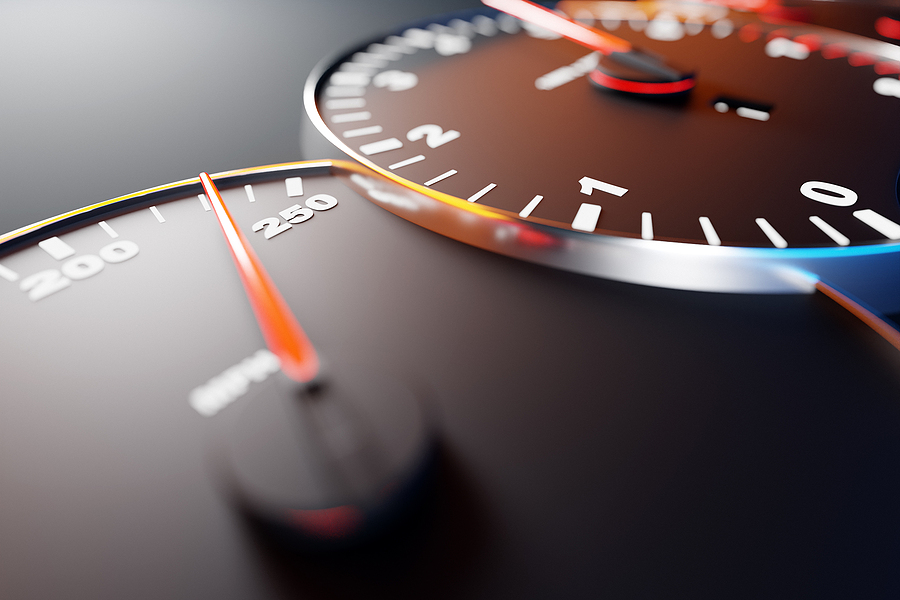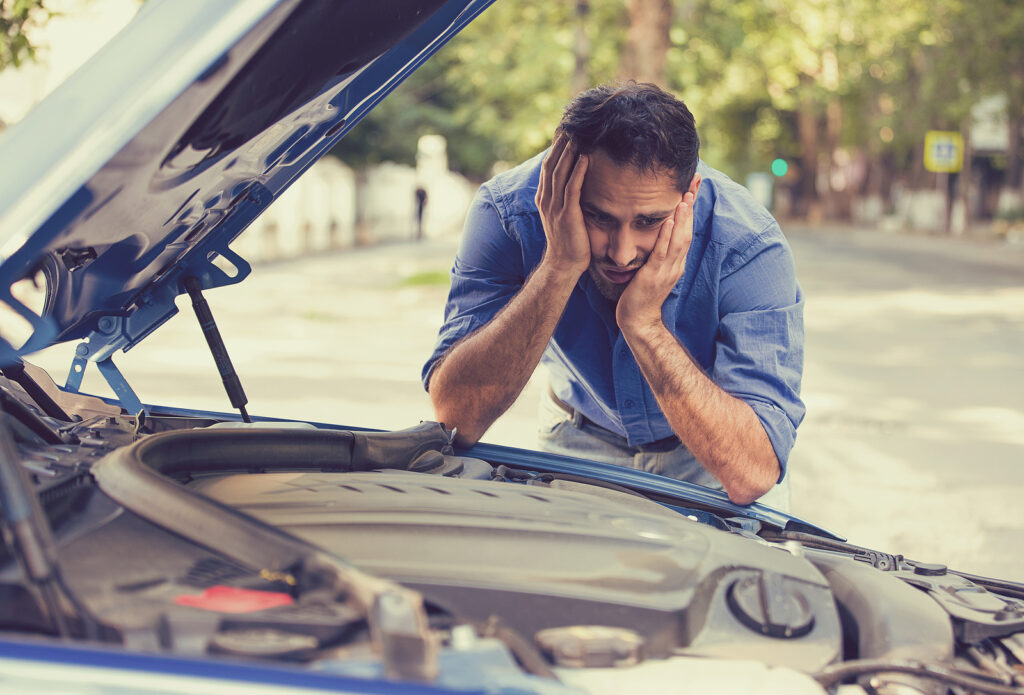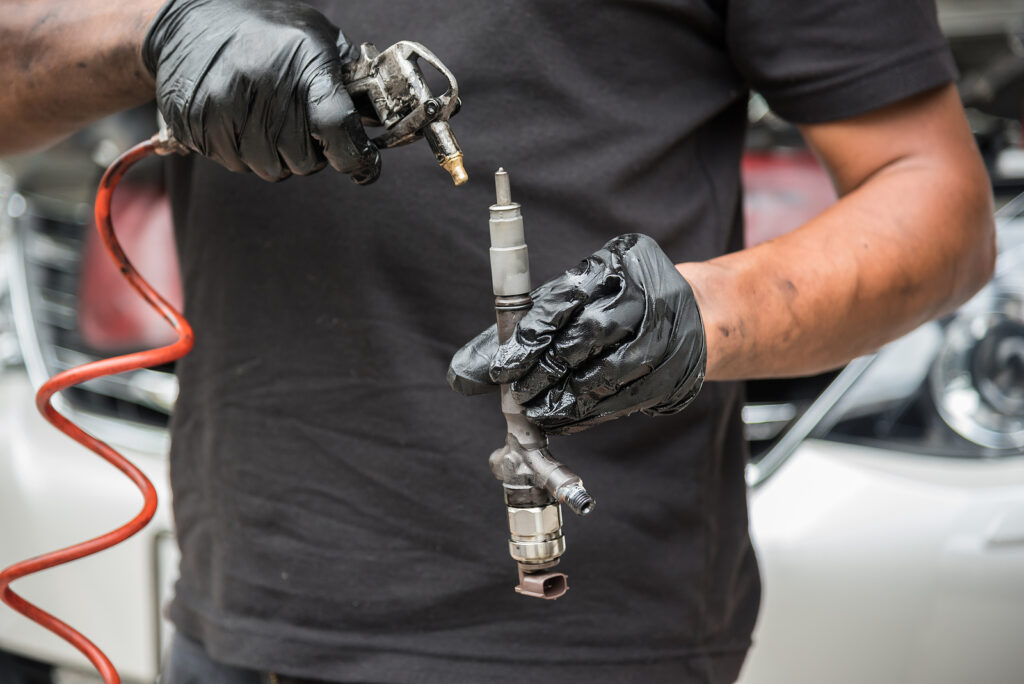The smooth hum of your vehicle’s engine is a symphony to the ears of car enthusiasts and everyday drivers alike. One key player in maintaining this melody is the fuel injection system—a critical component for engine efficiency, power, and overall health. Today, we delve into the essentials of fuel injection service and how it benefits your car.

The Basics of Fuel Injection Service
Fuel Injection Service—what exactly is it? Unlike older vehicles that used carburetors, modern cars are equipped with fuel injectors to supply the engine with the precise amount of fuel it needs. Fuel injection service involves inspecting, cleaning, and ensuring the functionality of these injectors for optimal vehicle performance.
Why Fuel Injection Service is Important
Over time, fuel injectors can become clogged with deposits and debris, leading to a range of issues that can affect your driving experience. If you fail to get fuel injection service, your vehicle may experience engine misfires, reduced fuel efficiency, hard starting or stalling, decreased power and acceleration, and poor emissions performance. Here are reasons why keeping your vehicle’s fuel injectors in check is a must:
Improved Fuel Efficiency
One of the prime benefits noticed in a two-year comparative study was a significant 15% increase in fuel efficiency following a professional fuel injection service. Clean fuel injectors mean better fuel atomization, leading directly to more effective combustion and gas mileage.
Enhanced Engine Performance
When your fuel injectors are free from clogs, your engine runs as designed—smooth and powerful. An uninterrupted fuel spray pattern ensures optimal engine power and response, especially pertinent to the car enthusiast seeking peak performance.
Reduced Emissions
Proper fuel atomization not only boosts engine performance but also contributes to cleaner emissions. A well-maintained fuel injector system minimizes the engine exhaust emissions, playing your part in a cleaner environment.
Extended Lifespan of Fuel Injectors
Regular maintenance can extend the life of your fuel injectors. This preventive care is often less costly than premature replacement due to neglect. You can save a lot of money in the long run if you take care of fixed automotive expenses as they come.
Signs that Your Vehicle Needs Fuel Injection Service
Several tell-tale signs might signal that your vehicle could benefit from a fuel injector service. Such signs of fuel injection failure include:
► Rough Idling: An erratic or unsteady idle can indicate dirty fuel injectors.
► Decreased Acceleration: Noticeable lag in acceleration might be traced back to fuel delivery issues.
► Poor Fuel Economy: Seen that dip in your miles per gallon? Clogged injectors could be the culprit.
► Engine Misfires: If your engine is stuttering or hesitating, don’t wait—injector problems can escalate.
The Fuel Injection Service Process
The fuel injection process typically includes several steps that should be performed by a licensed mechanic. While some car owners may attempt to clean injectors themselves, professional service is the most effective way to maintain your fuel injection system. The process usually includes:
Diagnostic Test: Using specialized equipment, a mechanic will diagnose any potential issues with the fuel injectors and determine if cleaning or replacement is necessary.
Cleaning Solution: A strong solvent-based cleaner is utilized to break down deposits and grime inside the injectors, restoring them to like-new condition.
Ultrasonic Cleaning: In more severe cases, ultrasonic cleaning equipment is used to remove tough build-up and stubborn debris.
Replacement of Worn-out Parts: Such as the fuel injector screen and o-rings.
Testing and Calibration: After cleaning, each injector is inspected for proper function and spray pattern.
Reassembly: Finally, the fuel injectors are reassembled and returned to the vehicle.
DIY vs Professional Service
For those with mechanical know-how, DIY fuel injection cleaning kits are available. However, they may not provide as thorough a cleaning as professional services and might omit wear-and-tear part replacement.
Professionals, conversely, are equipped with specialized tools and up-to-date knowledge of systems such as the fuel rail, fuel pressure regulators, and fuel pumps. They can guarantee a comprehensive service, replacing worn components that affect performance.
Conclusion
Regular fuel injection service is not just a matter of performance—it’s an investment in your vehicle’s long-term health and efficiency. Much like a well-orchestrated pit stop keeps a race car at peak condition, timely engine maintenance ensures your ride continues to perform reliably and economically.
As car owners, our vehicles are often a reflection of our care. An untended engine is a misstep in stewardship, while a well-maintained car can speak volumes of the driver’s respect for their ride. And with the potential to improve fuel efficiency, reduce environmental impact, and keep your vehicle’s engine running smoothly, fuel injection service is an essential aspect of responsible car ownership.
Remember that regular vehicle maintenance, including fuel injection maintenance, is key to optimizing engine performance and maintaining your car’s fuel efficiency. Contact Autohaus Dierolf at 317-571-0800 for factory scheduled maintenance in Carmel, Indiana. We are German factory trained mechanics who specialize in German and European vehicles.
Related Posts:
5 Signs That Suggest Your Car Needs Fuel Pump Replacement
Top 5 Signs Your Car Needs Fuel System Cleaning
How to Start the New Year With Better Fuel Mileage




